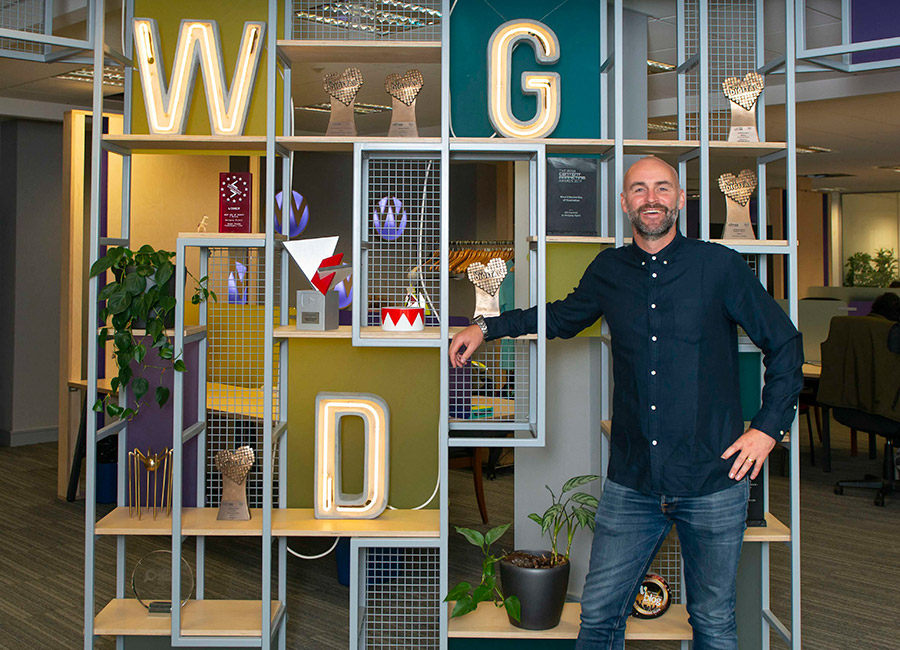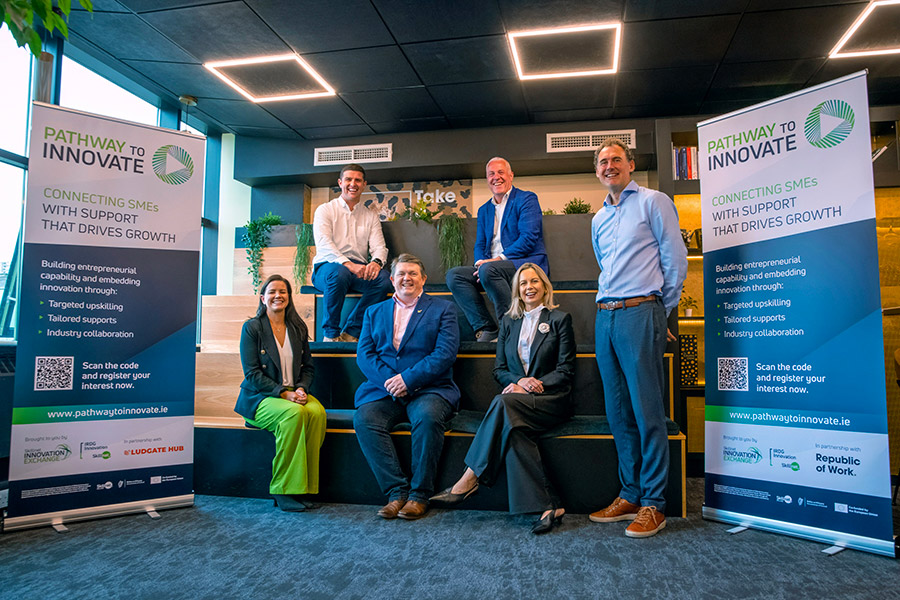The next government should incentivise Irish business owners to 'sell-in' to their employees rather than selling off to overseas companies if they want to grow the domestic economy, the founder of an employee-owned digital marketing agency has said.
Alan Coleman, founder and CEO of Wolfgang Digital, believes there is a need to rebalance the economy and reduce Ireland's reliance on multinationals.
However, he added, that is not happening because private equity firms and foreign companies are buying up an increasing number of the most successful Irish-owned businesses.
Coleman has joined with the Irish ProShare Association (IPSA) to call on all political parties to commit to increasing support for employee ownership as an economic model to support homegrown businesses.
IPSA wants the next government to prioritise introducing Employee Ownership Trusts (EOTs), as was recently recommended by the Indecon Review commissioned by the Department of Finance.
“Successive governments have done a remarkable job over many decades making Ireland a world leading country for inward investment – but we’re past peak multinational," said Coleman.
"The opportunity now is to build a vibrant, homegrown economy by becoming a world leading country for employee ownership. This starts with incentivising business owners to sell in rather than sell out as has been so successful in the UK.”
Figures from Davy show that the number of Irish businesses that have been sold to foreign owners has more than doubled in the past five years from 72 in 2018 to 150 in 2023.
The 108% increase in foreign takeovers contrasts with a 51% rise in the overall number of businesses being sold in the same period.
In the UK, more than 1,750 employee-owned companies have been created over the past 10 years since EOT legislation was introduced, and an estimated 124,000 employees have become part-owners in their workplace.
EOT tax advantages in the UK include a Capital Gains Tax exemption on gains made by individual shareholders when selling to an EOT, an inheritance tax exemption, and an income tax exemption on certain bonuses issued to all employees.
“EOTs have succeeded in the UK and other countries because governments got behind them and incentivised employee ownership.
"Three Irish businesses a week are being sold overseas – and often they are the companies with the greatest potential," said Coleman.
"The cost can be counted not just in job losses and loss of tax revenue, but in missed opportunities to build a stronger, more resilient domestic economy.”
Employee-owned businesses are more productive, more resilient, create more jobs, pay better, invest more in training and development, and offer better working conditions, according to studies in the UK and US.
By involving employees in business decisions they create a culture of ownership and collective responsibility for the company’s performance.
IPSA chair Marie Flynn said: “EOTs provide an ideal solution for the succession issues facing some businesses and can ensure the growth of Irish-owned and operated businesses.
“Currently, EOTs offer no tax incentives for business owners or employees in Ireland. In fact, the tax framework works as a significant disincentive, which means that often higher tax rates are paid by sellers/employees as a result.
"That needs to change if the government wants to pave the way for a vibrant new era of employee-owned businesses in Ireland – and EOTs are the perfect place to start."
Wolfgang Digital become the first Irish-owned company to transition to employee ownership under the 'John Lewis model' of an EOT in May.

Coleman started the process of 'selling in' to his employees using the EOT model despite no incentives. The newly-formed Wolfgang Talent Trust has acquired 25% of share in the company and will use a portion of company profits each year to finance more share purchases.
All employees who have been with Wolfgang Digital for longer than 12 months are partners in the trust, which is expected to become the majority owner of the company within 10 years.
Photo: (l-r) Chris Bury, Alan Coleman, Rob Beirne, Shreya Barua, Ian Booth, Stephen Murphy, and Niamh O'Doherty of Wolfgang Digital. (Pic: Supplied)











